What You Need to Know About Postpartum Depression
Someone who suffered from an extreme form of PPD reveals what you need to know about Postpartum Depression.
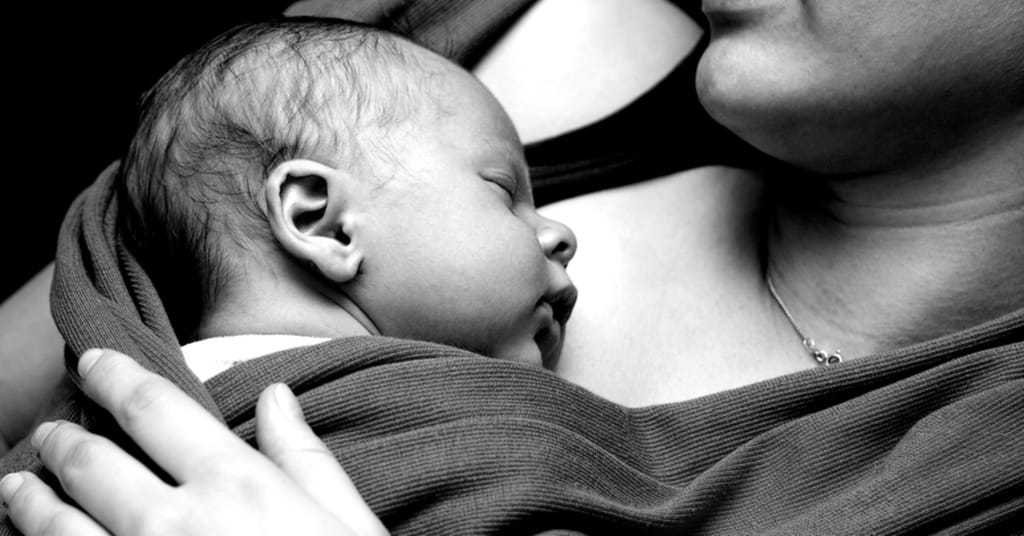
Postpartum depression is hell on Earth, and I ought to know. After all, I've lived through it, and having gone through that misery, I can say that there is something decidedly terrible about the way that most people view postpartum depression in today's society.
When I gave birth to my daughter, nobody told me anything about postpartum depression — or where to seek help for it. When I first began to complain about depression and pregnancy-related PTSD, people chided me saying it was "Baby Blues" until they saw the full extent of the damage it was doing to me.
Just because I didn't have anyone help me doesn't mean that has to happen to you or your loved ones. Here's what you need to know about postpartum depression — whether you're a mom, a spouse, or a soon-to-be sibling.
Postpartum Depression is very common.
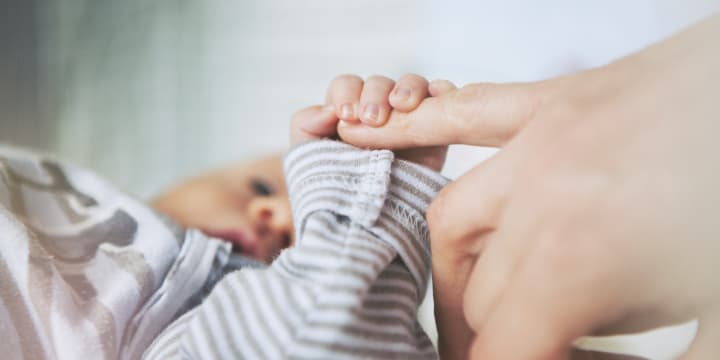
Every year, 3 million women will experience some form of postpartum depression. To put this in perspective, this means that 1 in every 8 women will suffer from it after childbirth.
The reason it's so common is because pregnant women are flush with hormones. When you give birth, hormone levels tend to drop significantly, which in turn causes mood fluctuations. People with major hormone disorders are much more likely to get it than those who are known for being "even keel."
Moreover, many psychologists believe the sudden lifestyle changes associated with having a baby also can play a huge role in postpartum depression. No matter how you look at it, new parents are going through a lot — and it'd be totally normal to be depressed or bluesy about it.
The illusion of motherhood being a series of Kodak moments is something that often makes postpartum depression even harder to spot. After all, women are often criticized if they admit they hate parenthood. As a result, a lot of women who are not enjoying parenthood will stay silent about PPD out of worry that they are "defective" parents.
So, it's very possible that postpartum depression is a lot more common than we think.
Men can also get postpartum depression.

This is one of those things you should know about postpartum depression, but probably don't thanks to the sexist policies in hospitals and healthcare.
Most of the people who get postpartum depression are women, as one would expect it to be. Though the vast majority of people who get PPD are women, there are quite a few men who go through it as well.
Unlike women, most men who get PPD have it due to situational circumstances. They may be scared, anxious, or feeling cramped by the new changes in their lifestyle — and may have gotten depressed as a result.
Having postpartum depression doesn't make you a bad mother, no matter what your feelings are telling you.

One of the most common symptoms that new moms feel when they are coping with PPD is an overwhelming feeling of guilt, shame, and anxiety related to their child.
More often than not, women who have these feelings tend to become convinced that they are not a good mother to their children. As long as your child is clean, fed, healthy, and clothed, you're doing good.
What you need to know about postpartum depression is that it often skews your view of the world, and that much of the guilt you're feeling might be over really small things. Much of what you're upset or worried about when you have PPD probably isn't even noticeable by others.
Overwhelming feelings of anxiety and guilt are a key sign of PPD, and you need to remember that those feelings aren't warranted. Having postpartum depression doesn't mean you're abusive, lazy, or that you hate your kids. It means you need medical attention — nothing more, nothing less.
If you notice that you regularly find yourself depressed, anxious, and guilty over little things that don't actually matter, you may have postpartum depression, and you may need medical attention.
Postpartum depression can have a variety of different symptoms from person to person.
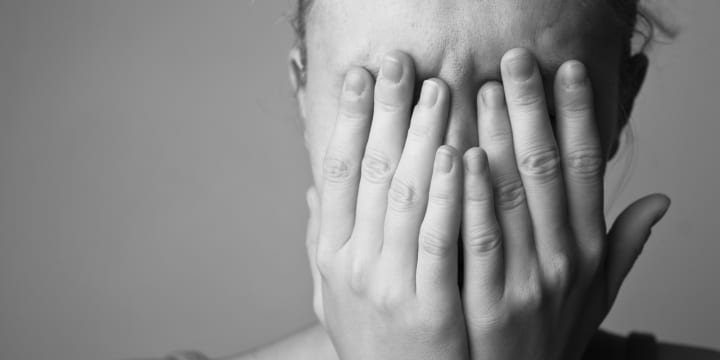
Every medical professional will tell you that what you need to know about postpartum depression is the symptoms. Most people who get postpartum depression will feel sad, guilty, anxious, or "weepy." However, PPD can take a number of other forms as well, including the following:
- Feelings of emptiness, numbness, or deadpanning.
- Having little to no energy.
- Extreme mood swings.
- Feelings of anger, irritability, and frustration.
- An inability to bond with the baby.
- Poor self-care, social withdrawal, and sleep disturbances.
If you notice any of these issues in your daily life, you might be living with postpartum depression.
Postpartum depression doesn't usually have immediate onset.
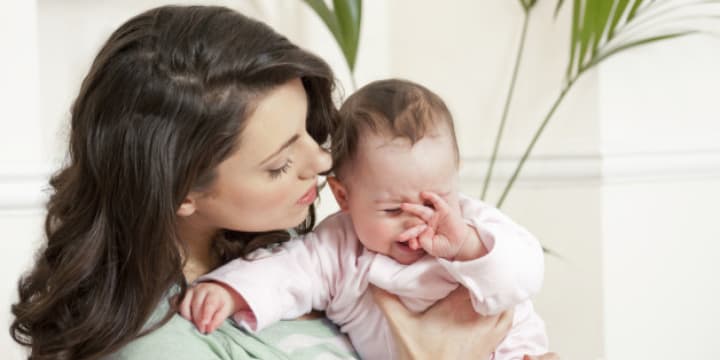
Medically speaking, postpartum depression happens at any time within the first year of the baby's life. So, if you suddenly get depressed 11 months after your child was born, it still could be postpartum depression.
Most people who get postpartum depression will first start noticing symptoms within the first three to six months, but some rare cases may have it within the first week or so — like I did.
If postpartum depression goes untreated, ignored, or spirals out of control, you can develop postpartum psychosis.

One in every 1,000 new moms will have postpartum depression in the form of postpartum psychosis. With postpartum psychosis, the symptoms of postpartum depression become even more extreme — and can also be accompanied by hallucinations, hearing voices, or memory blackouts.
Cops and psychiatric ward workers will tell you what you need to know about postpartum depression is that it can get extremely dangerous if it becomes postpartum psychosis.
The reason why it's dangerous is because people who suffer from postpartum psychosis are much more likely to hurt themselves or the baby. Currently, postpartum psychosis is the leading cause of infanticide in the United States.
If you start hearing voices or getting strange urges, you need to call a hospital and say that you're exhibiting signs of postpartum psychosis.
Admitting that you have postpartum depression will not make you a bad parent, nor will sane people judge you.
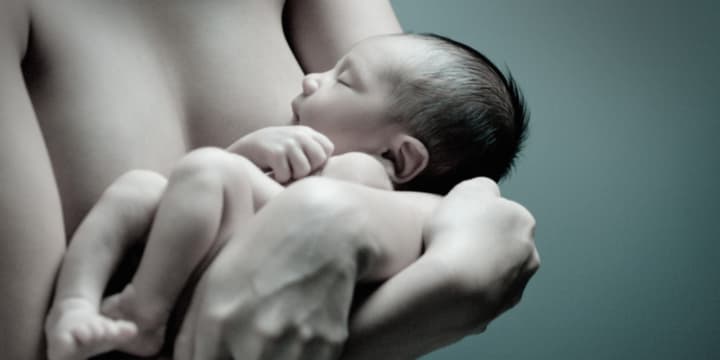
PPD is a very serious mental health issue, and it's something that requires serious medical attention. No doctor worth their salt will ever tell you otherwise — nor will anyone who has ever been affected by it.
Society commonly accepts that postpartum depression isn't a sign of weakness or bad parenting. Having PPD also isn't your fault; anyone who recently had a child can get it, even if they were totally healthy throughout the pregnancy.
If you tell people that you are showing signs of depression, they will not judge you. Rather, they may try to help you find the help you need. Only total bigots would do otherwise.
"Baby blues" is different from postpartum depression, even from a medical standpoint.
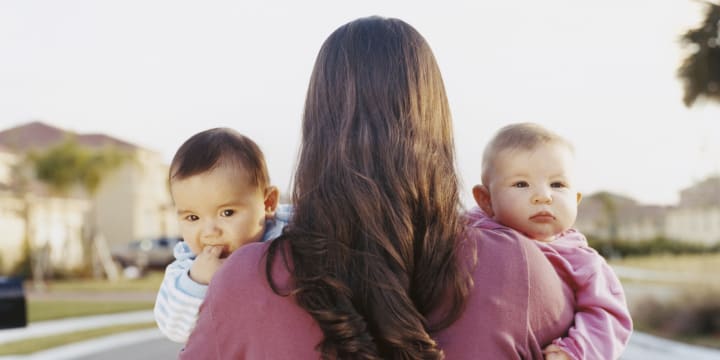
Most people have heard of new moms being cranky or hissy due to postpartum hormonal flare-ups, or because the baby just won't go to sleep. In pop culture, this is known as having the "baby blues," or the "postpartum blues."
Believe it or not, medical professionals widely recognize that there's a difference between "baby blues" and real postpartum depression. The best way to explain it is that baby blues may make you cranky, while postpartum depression has a tendency of just making it very difficult to function.
Either way, it's a good idea to know the difference according to your doctor before you jump to conclusions. After all, it's only natural to be a bit cranky and upset over all the major changes going on in your life.
What you need to know about postpartum depression is that it's "not all in your head."
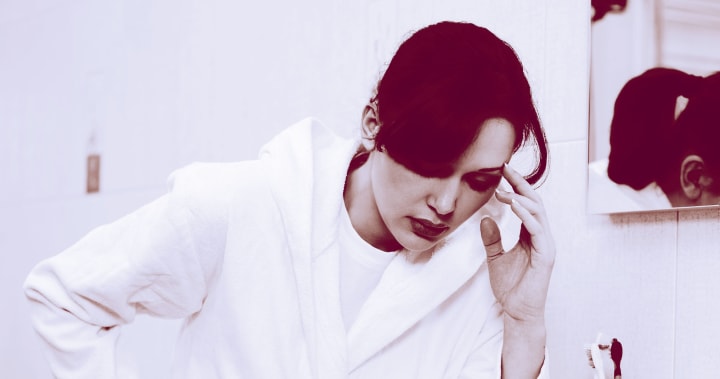
A scary amount of people seem to believe that postpartum depression might just be "all in the mother's head." It's not — and that belief often causes serious distress for women who are suffering in silence.
Postpartum depression is not "being overly emotional" or "all in your head." Anyone who tells you otherwise is either a fool, not a medical practitioner or doesn't have your best interest at heart.
If you are experiencing postpartum depression symptoms, you need to tell someone that you have postpartum depression and get the help you need. After all, you owe it to yourself, your baby, and the rest of your family to feel great.
About the Creator
Mackenzie Lu
Namaste. Active yogi and life enthusiast. It has become her mission to spread the benefits of having the mind, body, and soul in tune with one another.






Comments
There are no comments for this story
Be the first to respond and start the conversation.